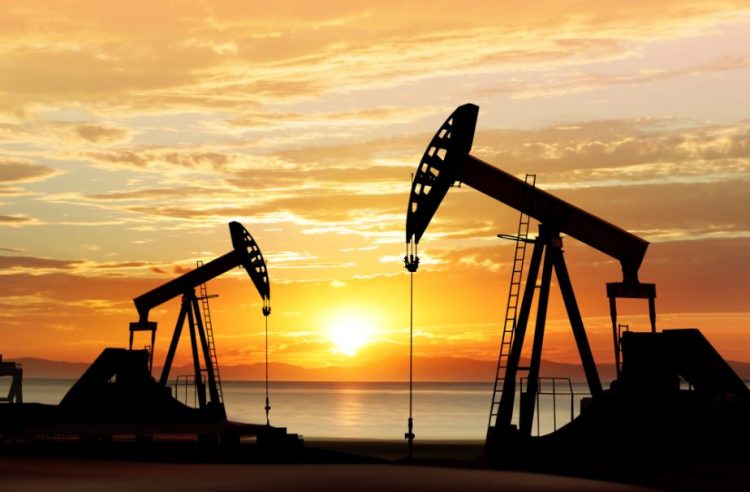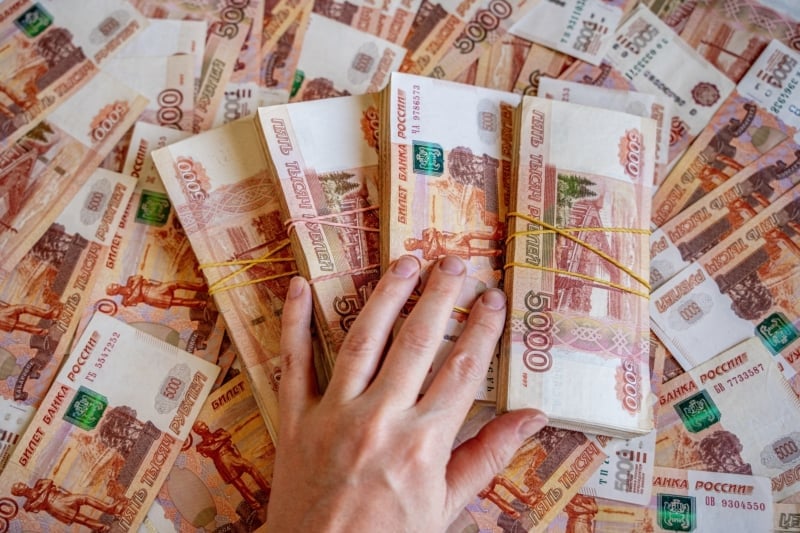Publisher: Maaal International Media Company
License: 465734
Western Standard: Global spending on oil and gas production reached $500 billion in 2022
Western Standard newspaper reported that the World Energy Forum indicated that spending on oil and gas increased by about 40% to reach $500 billion last year, the highest level since 2014, adding that major international oil companies such as Shell, Exxon and BP – which compete directly with giant cartels on the world stage – have retreated from their commitments related to climate change, and instead developed plans to increase investments in the oil and gas sector.
This may not be sufficient to meet OPEC expectations regarding a 25% increase in demand for crude oil, as the problem is that the world will need about $640 billion by 2030 to ensure adequate supplies or face painful price shocks, according to Al-Anbaa.
The world consumes nearly 100 million barrels per day and must compensate 8 million barrels per day through new discoveries just to ensure that production levels are kept constant, and unlike what is the situation in Western countries such as Canada and the United States, OPEC countries have a large amount of unused surplus production capacity.
اقرأ المزيد
The newspaper ended by saying that despite the production cut by about 3 million barrels per day last year, Saudi Arabia and the UAE plan to increase surplus production capacity by at least one million barrels per day by 2027.
As for Iran, which is not subject to OPEC quotas, and despite being subject to sanctions, it plans to increase its production capacity to about four million barrels per day by the end of this year.
Despite Canada’s late entry into the LNG game, the Canadian energy regulator predicts a 68% reduction in natural gas production by 2045.
In such a situation of expected gas scarcity, Japan will call this week for building an emergency global reserve of natural gas to avoid shortages and price hikes, similar to what happened in the European Union in the winter of last year, according to Bloomberg news agency.
Financial journalist Simon Watkins, who specializes in energy affairs, says that the Corona pandemic, the Russian-Ukrainian war, and the resulting geopolitical repercussions have changed the status quo.
Watkins adds that oil is one of the main determinants of the financial and economic future of each country, and because of this, it also plays a vital role in shaping domestic and international policies in the main oil-producing and consuming countries in the world, and because the risks are so great, the main participants in the global oil market will do anything to get an advantage in it.









